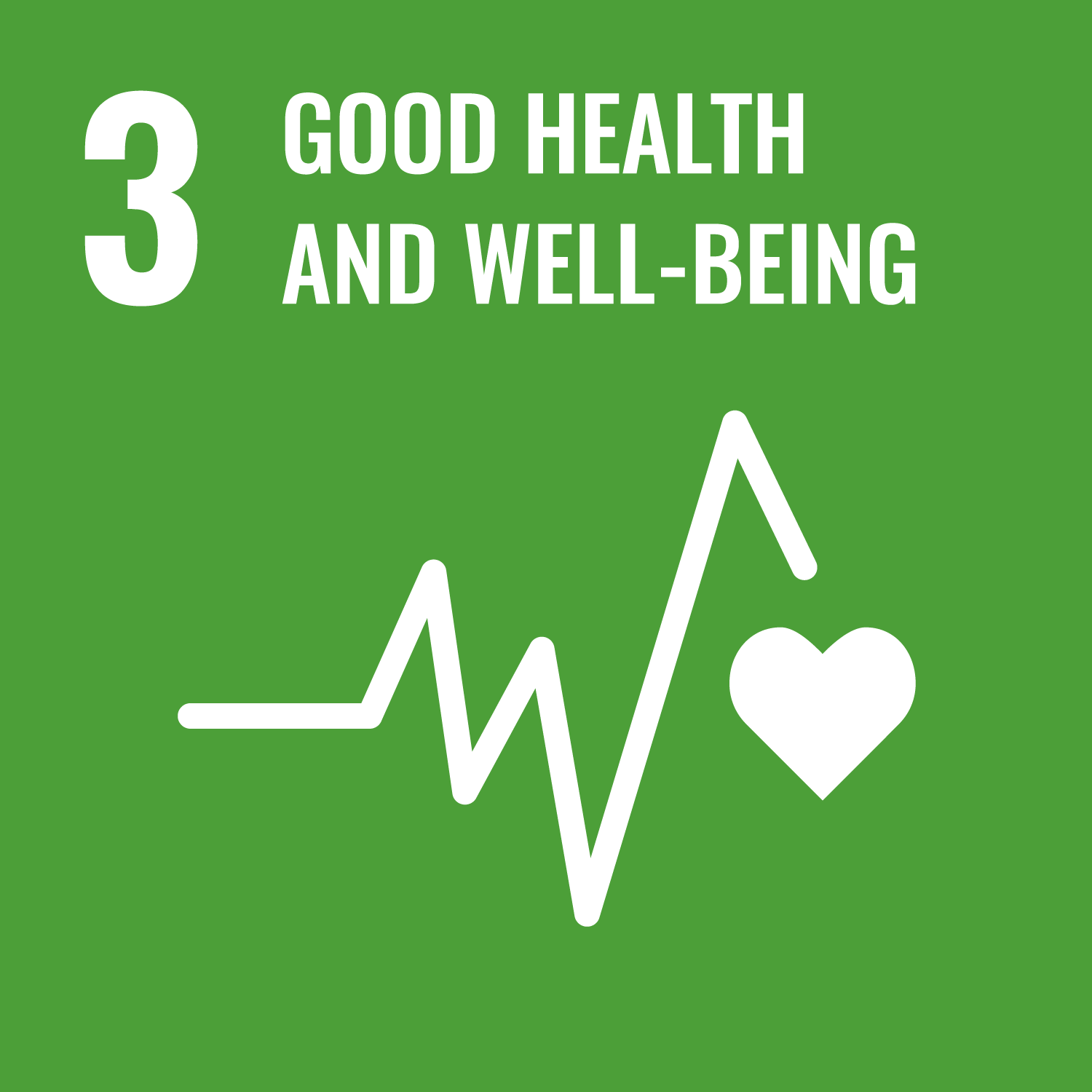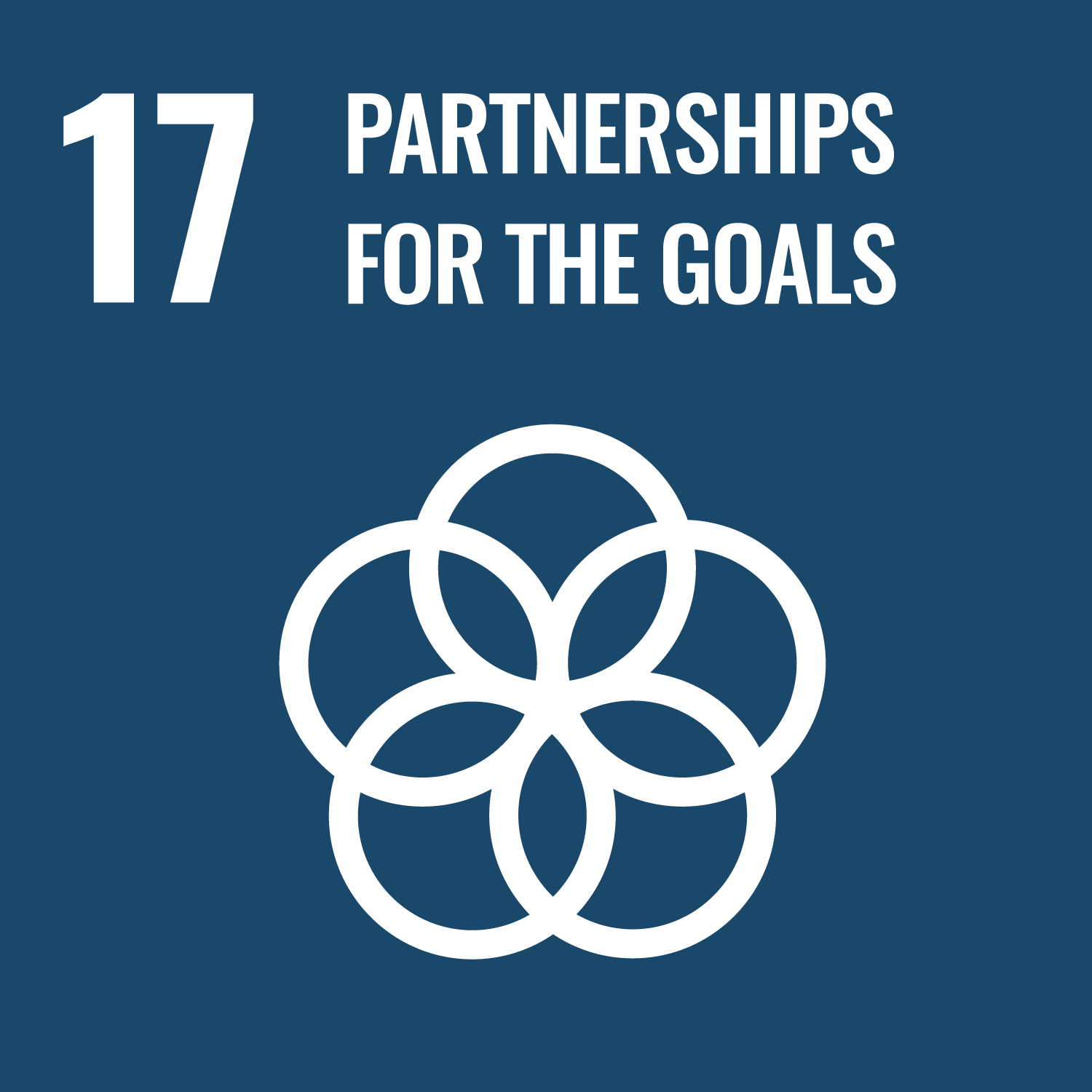Outcomes Fund for Physical Rehabilitation in Pakistan
Aligned SDGs


- Outcomes Fund for Physical Rehabilitation in Pakistan
- General overview
- Intervention
- Target population
- Location
- Outcome metrics
- Last data update
- Spreadsheet of data
- Outcomes Fund for Physical Rehabilitation in Pakistan
- General overview
- Intervention
- Target population
- Location
- Outcome metrics
- Last data update
- Spreadsheet of data
General overview
Stage of development: Early stage
Policy sectors: Health
Type of instrument: Outcomes Fund / Payment-by-results (no pre-financing)
Delivery locations: Pakistan
Country classification: Lower-middle-income
Expected launch date: Q2 - 2023
Project design process began: Q3-2021
Intervention
Social or environmental challenge
With a population of 220 million, there are currently more than 1.1 million people in need of mobility-focused assistive devices. There is significant demand, while the current infrastructure of the physical rehabilitation services is unable to meet this growing demand. In addition, most physical rehabilitation services are not covered by the healthcare insurance scheme, resulting in significant out of pocket expenses by patients.. The intervention seeks to address two key challenges: 1) Ensuring the sustainability of the provision of high-quality physical rehabilitation services, without requiring continued support from the ICRC and 2) Increasing government engagement to ensure sufficient coverage of physical rehabilitation services within the national health insurance scheme.
Description of the intervention
The end goal is for the government to expand the package of covered services within the national health insurance scheme. This would be achieved through building a data-driven business case during the term of the intervention that would serve to prove the economic and social benefit for the government to expand healthcare coverage to physical rehabilitation services. This would also help build an evidence base about the cost of delivering quality physical rehabilitation services to different geographies and demographics. The intervention envisions to pay physical rehabilitation service providers based on outcomes linked to quality of service delivery and reimburse the national health insurance scheme for the additional services included.
Target population
People with disabilities needing mobility-focused assistive devices.
Location
Country:
- Pakistan
Locality:
- Pakistan
Outcome metrics
- Specific metrics TBD at two levels: (1) impact/economic impact (social inclusion/number of people with disabilities back in active population), (2) service quality and efficiency
Last data update
Data for this pipeline project was last updated in April 2022.
You might have noticed that some pipeline projects have more data than others. This is because organisations can share as much data as they want with the INDIGO initiative. If you have more data on one of these pipeline projects and would like to share with us, please get in touch at indigo@bsg.ox.ac.uk. Our full list of variables and data definitions can be found here.
Spreadsheet of data
Important Notice and Disclaimer on INDIGO Data
INDIGO data are shared for research and policy analysis purposes. INDIGO data can be used to support a range of insights, for example, to understand the social outcomes that projects aim to improve, the network of organisations across projects, trends, scales, timelines and summary information. The collaborative system by which we collect, process, and share data is designed to advance data-sharing norms, harmonise data definitions and improve data use. These data are NOT shared for auditing, investment, or legal purposes. Please independently verify any data that you might use in decision making. We provide no guarantees or assurances as to the quality of these data. Data may be inaccurate, incomplete, inconsistent, and/or not current for various reasons: INDIGO is a collaborative and iterative initiative that mostly relies on projects all over the world volunteering to share their data. We have a system for processing information and try to attribute data to named sources, but we do not audit, cross-check, or verify all information provided to us. It takes time and resources to share data, which may not have been included in a project’s budget. Many of the projects are ongoing and timely updates may not be available. Different people may have different interpretations of data items and definitions. Even when data are high quality, interpretation or generalisation to different contexts may not be possible and/or requires additional information and/or expertise. Help us improve our data quality: email us at indigo@bsg.ox.ac.uk if you have data on new projects, changes or performance updates on current projects, clarifications or corrections on our data, and/or confidentiality or sensitivity notices. Please also give input via the INDIGO Data Definitions Improvement Tool and INDIGO Feedback Questionnaire.